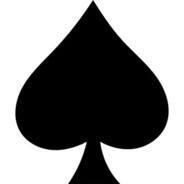-
Featured Topics
-
Topics
-
0
-
Ivan M. ·
Posted in Storage Devices0 -
AlDowy ·
Posted in New Builds and Planning0 -
Xrniu ·
Posted in New Builds and Planning1 -
8
-
3
-
0
-
3
-
0
-
bleedpurple ·
Posted in Storage Devices2
-

















Create an account or sign in to comment
You need to be a member in order to leave a comment
Create an account
Sign up for a new account in our community. It's easy!
Register a new accountSign in
Already have an account? Sign in here.
Sign In Now